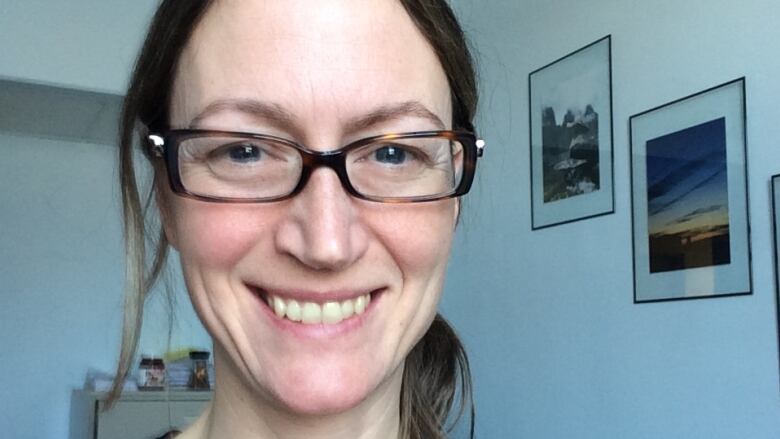Involve Indigenous people in vaccine development, disease expert says
The National Research Council is working on a vaccine for an infection often seen in Indigenous children

An infectious disease specialist in Sioux Lookout, Ont., says Indigenous people need to be involved in the development of a new vaccine.
Dr. Yoko Schreiber is the chair of the Indigenous Health Committee for the Association of Medical Microbiology and Infectious Disease; she's been taking part in stakeholder meetings with the National Research Council over its work on a vaccine for hoemophilus influenza Type A.
The bacteria causes diseases such as meningitis and pneumonia, and many of its victims are Indigenous children in the north, according to an article in the Canadian Medical Association Journal.
Because of that, Schreiber said, the NRC needs to deviate from its usual "top down" approach to research.
"I think this is paramount," she said. "This is unfortunately an illness that we have seen emerge in primarily Indigenous communities ... We would want to make sure that the communities themselves have an interest in pursuing this. I think it needs to come from the ground up."
Any potential solution to the bacteria has to be right for the communities, Schreiber continued. And any process for carrying out clinical trials needs to be rolled out with their involvement.
"Over the last few decades in Canada, there's been a track record of doing research on Indigenous communities without engagement and not necessarily to the benefit of those communities," she said.
"The idea of experimenting on humans is always something that is difficult to envision when there's been definitely related experience where people have been experimented on in a non-benevolent fashion."
The company licensed to test the vaccine has not yet received funding for clinical trials, according to the CMAJ.
Vaccines are only one potential part of the solution to preventing infectiousdiseases among Indigenous children, Schreiber noted.
Initiatives such as addressing housing needs in Indigenous communities to prevent overcrowding are also important, she said.












_(720p).jpg)


 OFFICIAL HD MUSIC VIDEO.jpg)
.jpg)



























































































